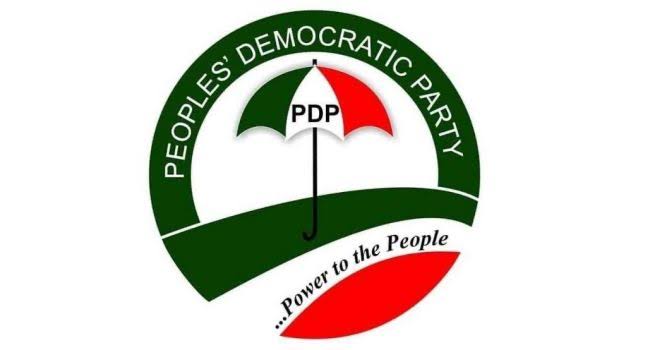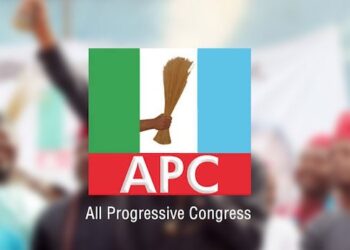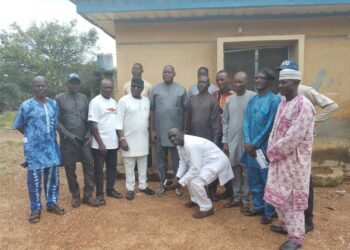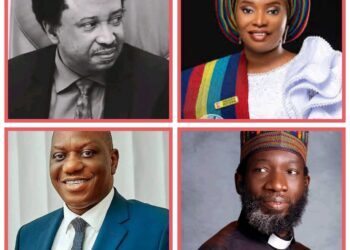PDP National Publicity Secretary, Debo Ologunagba, made the clarification in a statement on Sunday in Abuja.
Ologunagba explained that the party had been made aware of misleading media reports suggesting the Primary Election Guidelines had been compromised by forgery.
“The PDP unequivocally states that its Primary Election Guidelines, as approved by the Party, have not been compromised by forgery, contrary to these reports,” he said.
Ologunagba further revealed that the misleading reports stemmed from certain individuals with resentment towards the party.
He identified these individuals as agents of the All Progressives Congress (APC), who allegedly aimed to discredit the PDP’s internal processes and cause public ridicule.
Ologunagba expressed shock at the desperation of those he claimed were backed by a top APC official.
He noted these individuals had repeatedly vowed to destroy the PDP and establish a one-party system in Nigeria.
“The PDP is aware that these disgruntled individuals have been causing disruptions in some chapters, along with intimidation, threats, and police harassment of party officials.
“The PDP condemned the scandalous attempt by these individuals to involve the police and a magistrate court in the party’s internal matters, despite higher court rulings,” he said.
Ologunagba referenced the Supreme Court’s ruling, which stated that issues relating to candidate nominations are strictly internal matters of political parties, outside the courts’ jurisdiction.
He reassured PDP members and supporters that the party remained strong and undeterred in resisting any attempts to destabilise it.
He reiterated that the party’s Primary Election Guidelines had not been compromised by forgery and urged all to disregard such false reports. (NAN)









